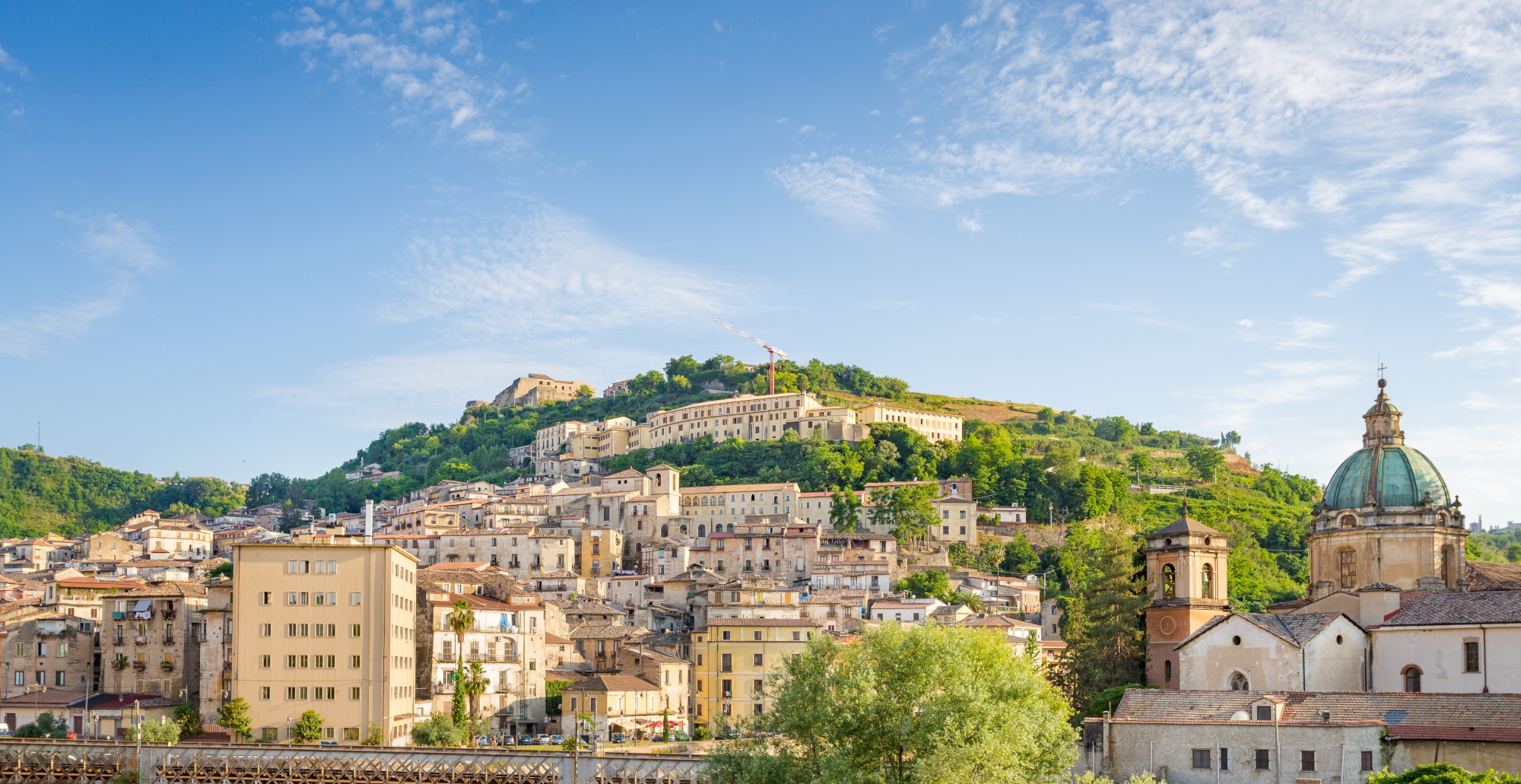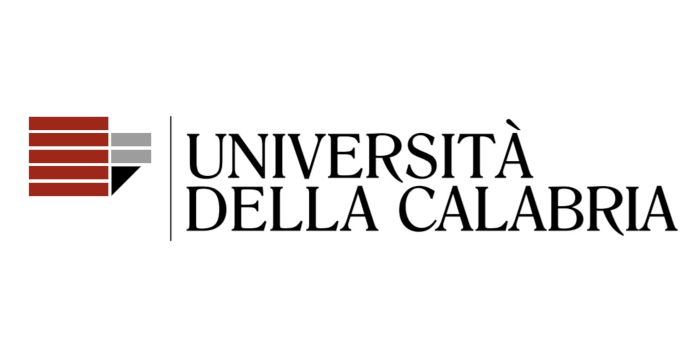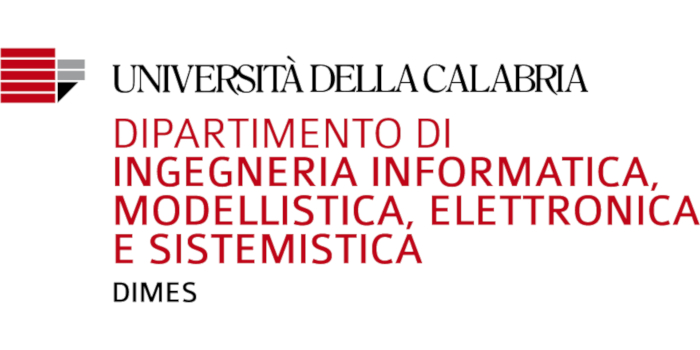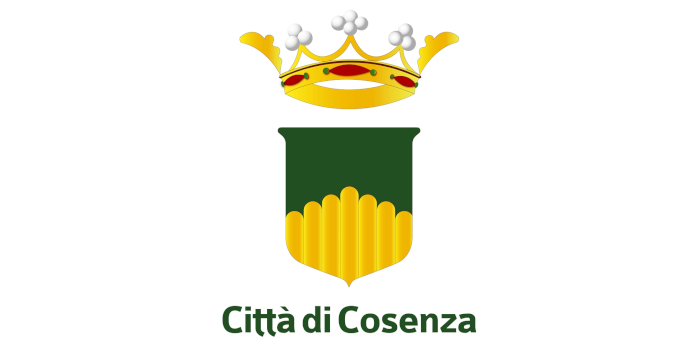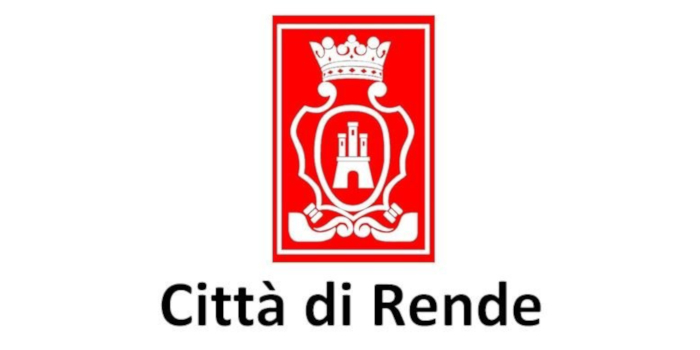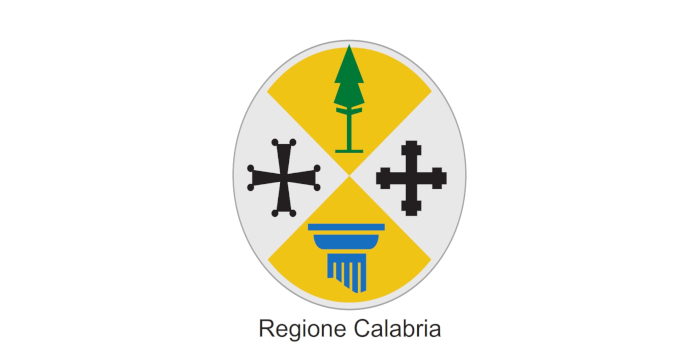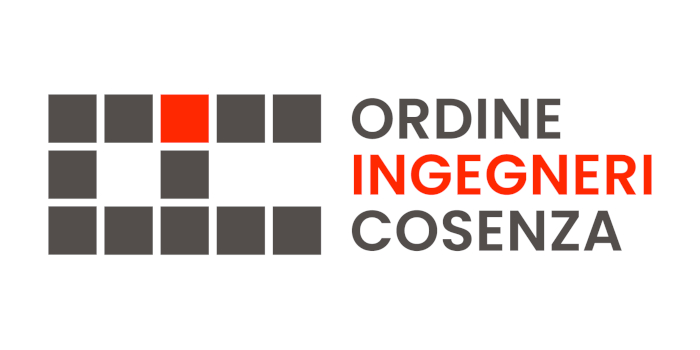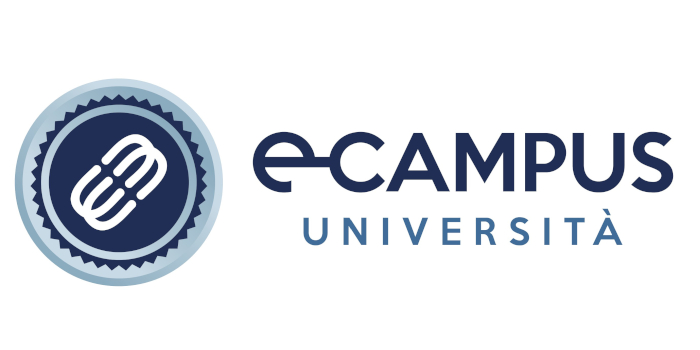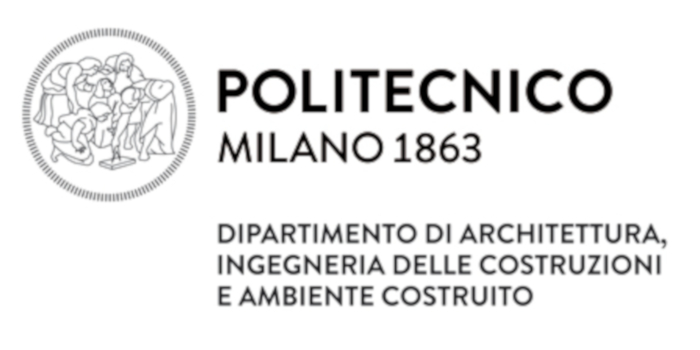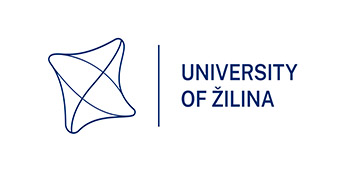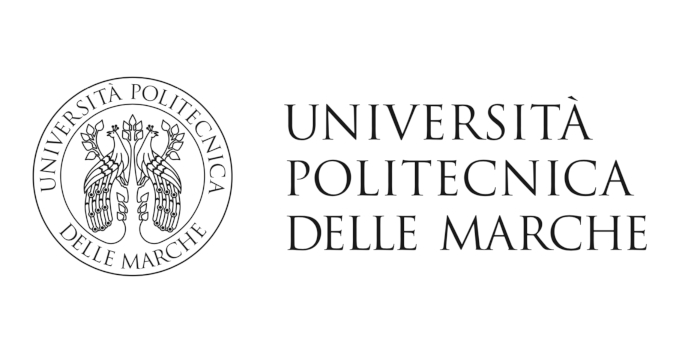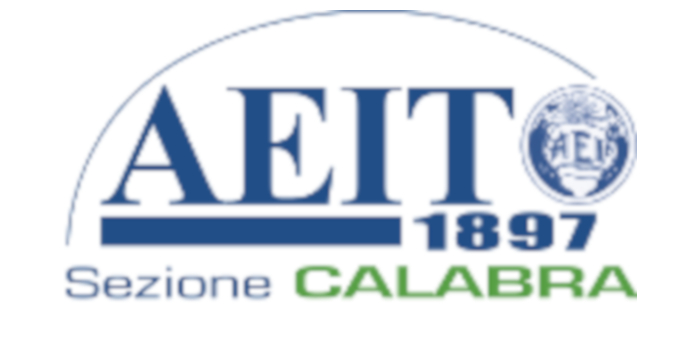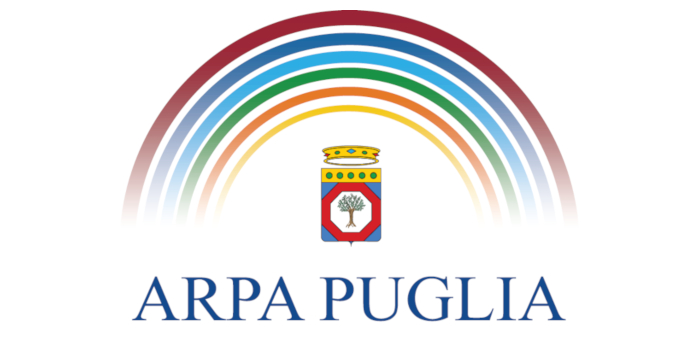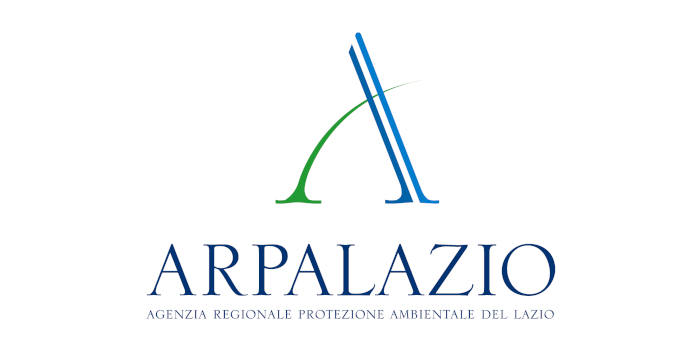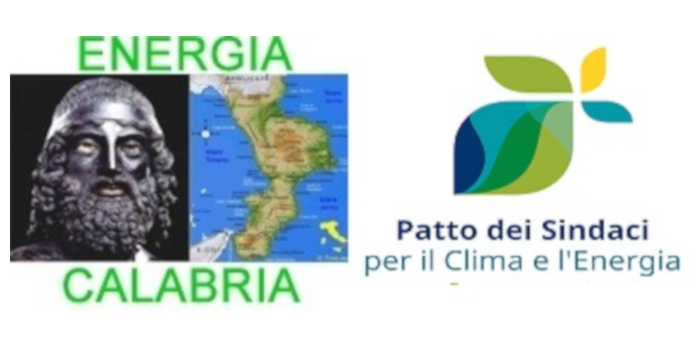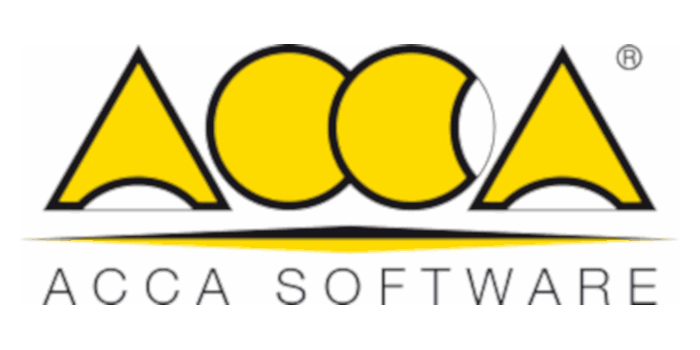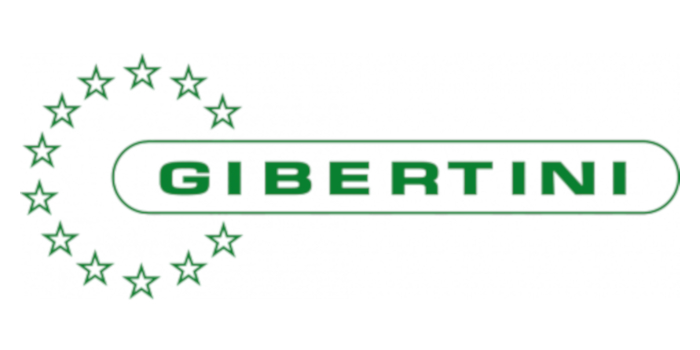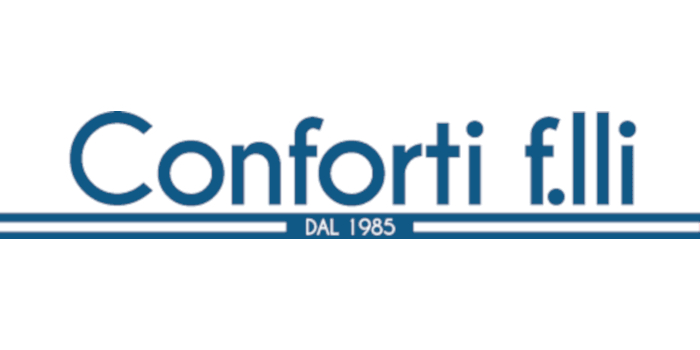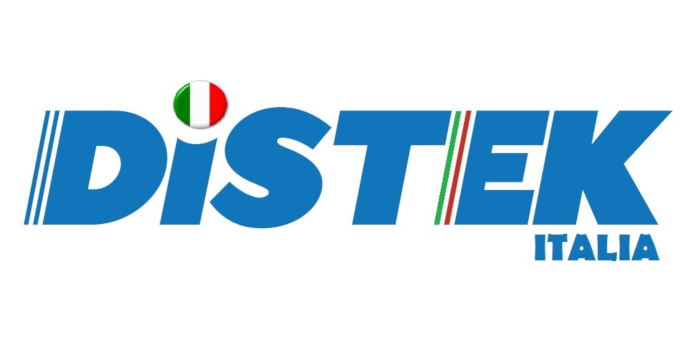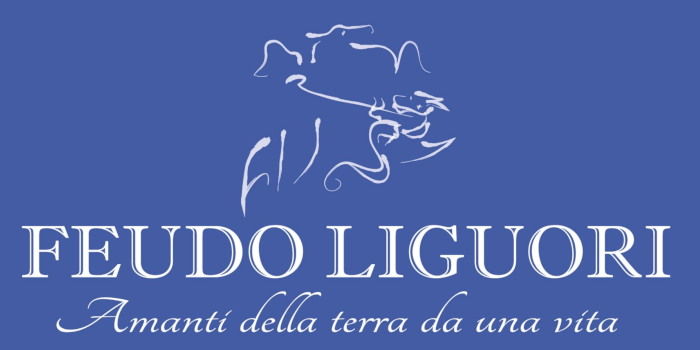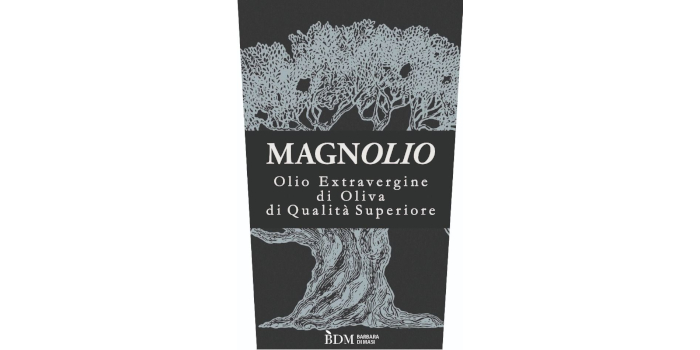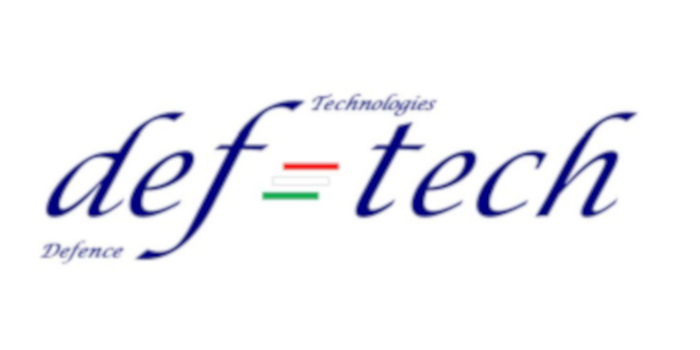Measurement techniques in urban, fluvial and coastal living environments
ORGANIZED BY
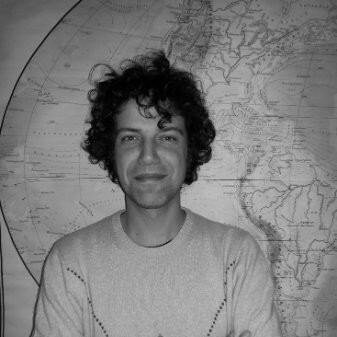
Francesco Aristodemo
University of Calabria, Italy
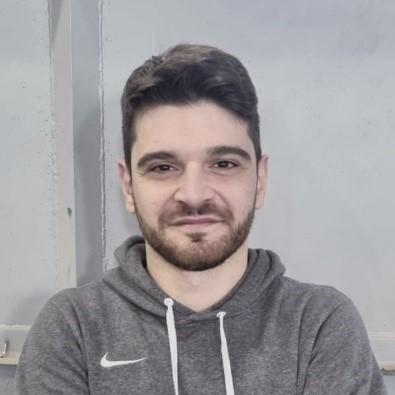
Francesco Coscarella
University of Calabria, Italy
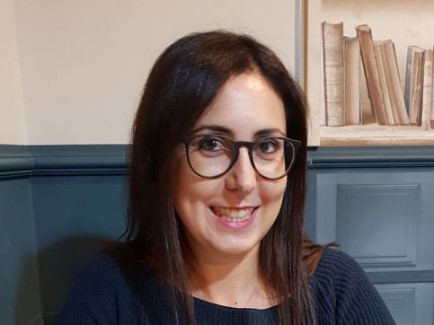
Nadia Penna
University of Calabria, Italy
ABSTRACT
Recent developments in software and hardware have expanded the variety of instruments and methodologies accessible to measure flow quantities in fluvial, coastal, or built environments. Currently, laser (3D LDV, stereo-PIV), acoustic (ADV, ADCP, ABS), ultrasonic (UVP) and resistance and capacitive-type instruments are typically used to acquire flow field characteristics and morphodynamic changes, at an unprecedented spatiotemporal resolution, increasing the range of applications together with leading to improved hydraulics engineering designs. This special session intends to assemble together researchers using or developing flow measuring techniques as well as methods for measuring morphodynamic processes, including but not restricted to the instruments listed above, finding a wide range of important applications.
ABOUT THE ORGANIZERS
Francesco Aristodemo is Associate Professor (Academic Discipline: Hydraulic Structures, Maritime Engineering, and Hydrology) of the Department of Civil Engineering of University of Calabria. He is the leader of the experimental and numerical studies of the research group of Coastal And Marine Engineering Laboratory (CAMEL) within the Laboratory of “Grandi Modelli Idraulici” of the University of Calabria. PhD in Hydraulic Engineering for Environment and Territory (University of Calabria, title of PhD thesis "Formulation and calibration of a model to calculate the hydrodynamic forces induced by regular and irregular waves on slender cylinders lying on sea bottom”). His experience includes a wide research activity on experimental, numerical and analytical modeling including: Beach Drainage Systems, hydrodynamic forces and near flow field at horizontal cylinders and submerged breakwaters, run-up at sloping beaches and related countermeasurements, the Smoothed Particle Hydrodynamics model, tsunamis generated by landslides, wave energy resources and performances of Wave Energy Converters, shallow foreshores in the presence of storm seawalls, smoothing techniques in time, frequency and time- frequencies domains, scaling laws of confined aquifers, CFD simulations of hydraulic jumps, measurement of water waves based on low-cost photogrammetry, and trend analysis of wave parameters.
Dr Francesco Coscarella received his Ph.D. in “Civil and Industrial Engineering” in 2019 from the Università della Calabria (Rende, Italy).
From 2015 to 2019, he worked at the Università della Calabria (Rende, Italy) on the phenomenological theory of turbulence applied to local scour phenomena, in collaboration with the Politecnico di Torino (Torino, Italy) where he spent 5 months, and the Duke University, (Durham, North Carolina, USA). Since 2019, he is a post-doctoral research fellow at the Università della Calabria (Rende, Italy) and his research activity is based on: turbulence in open-channel flows on rough bed; turbulence characteristics of flows through emergent rigid vegetation; interactions between turbulent flows and structures; statistical characterization of gravel-bed roughness structures; sediment transport and deposition.
He published several scientific papers in peer-reviewed journals and presented many works at international and national conferences.
Dr Nadia Penna received her Ph.D. in “Hydraulic Engineering for the Environment and the Territory” in 2013 from the Università della Calabria (Rende, Italy).
From 2013 to 2015, she worked at the Università della Calabria (Rende, Italy) on Computational Fluid Dynamics (CFD) modelling of flow fields at fluvial confluences, in collaboration with the Instituto Superior Técnico (Lisboa, Portugal), where she spent 8 months, the Università di Enna ‘Kore’ (Enna, Italy) and the Università di Palermo (Palermo, Italy). From 2016 to 2018, she worked at the Università del Salento (Lecce, Italy) on 3D analysis of local scouring induced by a rotating ship propeller. Since 2018, she is a post-doctoral research fellow at the Università della Calabria (Rende, Italy) and her research activity is based on: turbulence in open-channel flows on water-worked and screeded gravel beds - in collaboration with the Indian Institute of Technology Kharagpur (Kharagpur, India); turbulence characteristics of flows through emergent rigid vegetation; interactions between turbulent flows and structures; statistical characterization of gravel-bed roughness structures; sediment transport and deposition.
As regards the teaching experience, from 2016, she is Lecturer of Hydraulics and Hydraulic Constructions at the Università degli Studi eCampus (Novedrate, Italy). During 2019 she worked at the University of Dundee (Scotland, UK) for tutorial and laboratory support in Fluid Mechanics. From 2019 to 2021, she was also Teaching Assistant in Fluvial Hydraulics at the Università della Calabria (Rende, Italy). In 2020, she obtained the National Scientific Qualification for the Associate Professorship in Italian Universities.
In 2021, she was an external expert of the academic committee of the Nautical, Marine and Naval Radio-Electronics Engineering Doctoral Programme (Universitat Politècnica de Catalunya).
In 2021, she received the Willi H. Hager JHR Best Reviewer Award.
She is a member of the International Association for Hydro-Environment Engineering and Research (IAHR).
She published several scientific papers in peer-reviewed journals and presented many works at international and national conferences.
